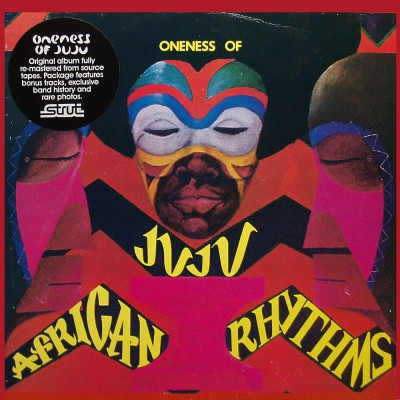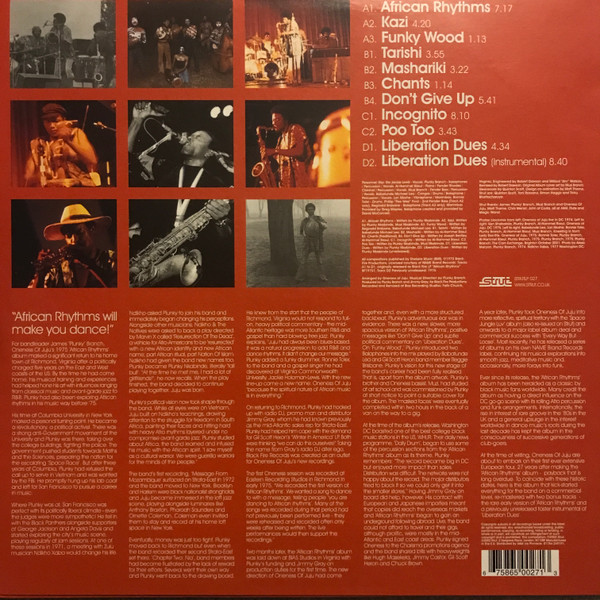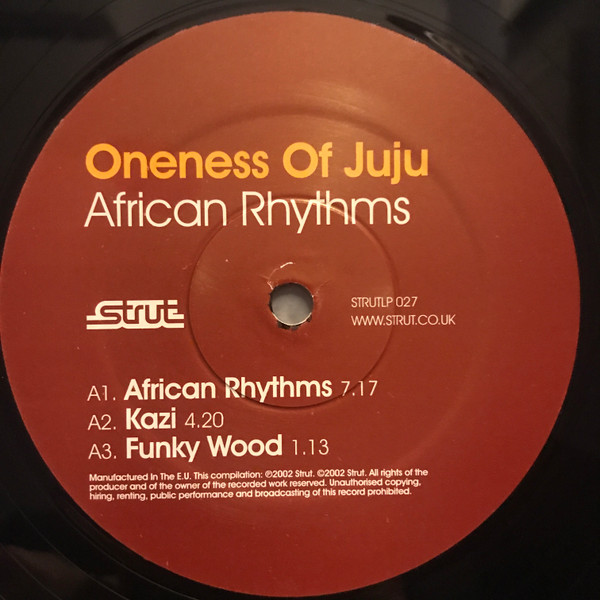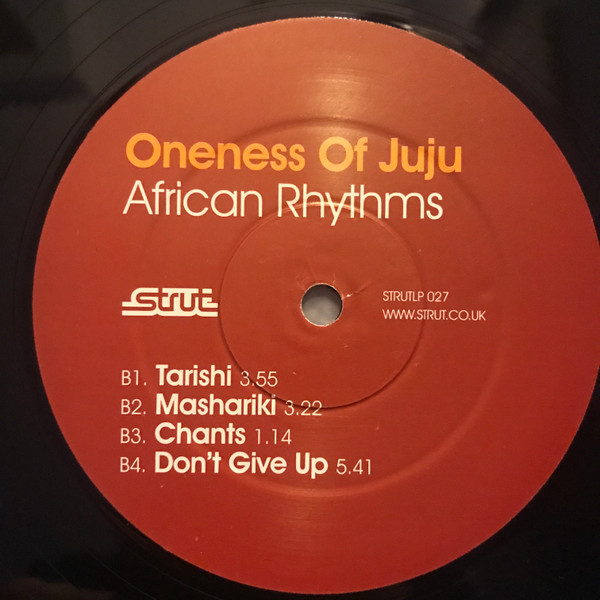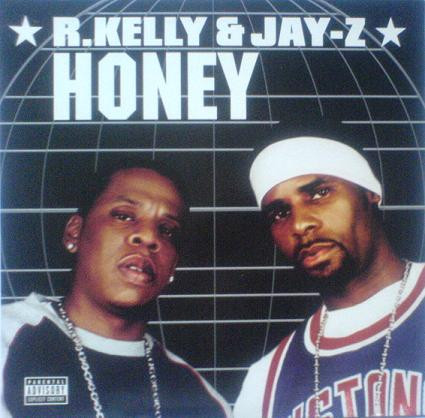By continuing your navigation on this website, you accept the use of cookies for statistical purposes.
Oneness Of Juju
African Rhythms
𝙊𝙧𝙞𝙜𝙞𝙣𝙖𝙡𝙡𝙮 𝙧𝙚𝙡𝙚𝙖𝙨𝙚𝙙 𝙞𝙣 1975, 𝘼𝙛𝙧𝙞𝙘𝙖𝙣 𝙍𝙝𝙮𝙩𝙝𝙢𝙨 𝙗𝙮 𝙊𝙣𝙚𝙣𝙚𝙨𝙨 𝙊𝙛 𝙅𝙪𝙟𝙪 𝙞𝙨 𝙖 𝙨𝙚𝙢𝙞𝙣𝙖𝙡 𝙨𝙩𝙖𝙩𝙚𝙢𝙚𝙣𝙩 𝙤𝙛 𝙖𝙛𝙧𝙤-𝙘𝙚𝙣𝙩𝙧𝙞𝙘 𝙟𝙖𝙯𝙯, 𝙛𝙪𝙨𝙞𝙣𝙜 𝙧𝙤𝙤𝙩𝙨 𝙧𝙝𝙮𝙩𝙝𝙢𝙨, 𝙨𝙤𝙪𝙡, 𝙛𝙪𝙣𝙠 𝙖𝙣𝙙 𝙨𝙥𝙞𝙧𝙞𝙩𝙪𝙖𝙡 𝙟𝙖𝙯𝙯 𝙞𝙣𝙩𝙤 𝙖 𝙥𝙤𝙬𝙚𝙧𝙛𝙪𝙡, 𝙡𝙞𝙛𝙚-𝙖𝙛𝙛𝙞𝙧𝙢𝙞𝙣𝙜 𝙨𝙤𝙪𝙣𝙙.
Led by saxophonist James “Plunky” Branch, the group drew inspiration from African traditions and the Black consciousness movement, grounding their music in both social message and deep groove. The title track, “African Rhythms,” became an anthem, celebrated for its hypnotic percussion, driving basslines and soaring horn arrangements that embodied the spirit of liberation and unity.
Reissued by Strut, African Rhythms remains a cornerstone of 70s spiritual jazz and Afrocentric funk, a record that bridged continents and genres, and continues to inspire generations with its timeless call to rhythm and resistance.
A1
African Rhythms
A2
Kazi
A3
Funky Wood
B1
Tarishi
B2
Mashariki
B3
Chants
B4
Don't Give Up
C1
Incognito
C2
Poo Too
D1
Liberation Dues
D2
Liberation Dues (Instrumental)
